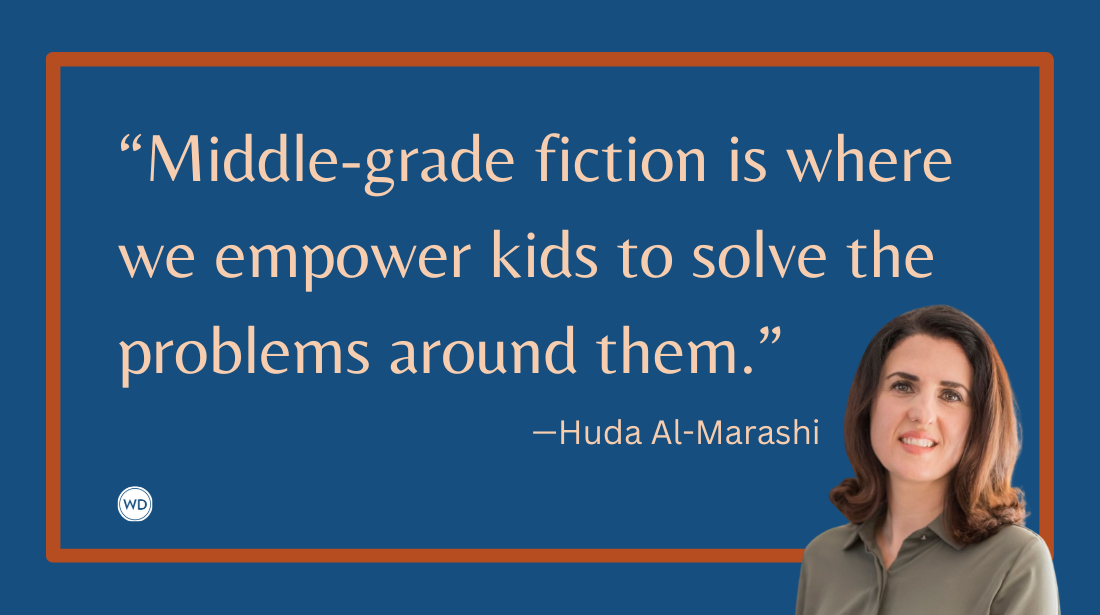How To Find the Right Professional Editor for Your Writing
It’s not enough to know when your manuscript is ready for a professional edit—it’s knowing who is the right fit to do the editing. Here, Tiffany Yates Martin discusses how to find the right professional editor for your writing.
Now that you’ve determined why you might need a professional editor, and what kind of edit you need, how do you go about finding one?
The explosion of indie pub (and small press) has led to a similar explosion in the services available for writers to hire directly, like cover design, formatting, marketing—and editing.
But despite the crowded field of offerings, it can be hard to find good, reputable professionals, and to know exactly what to look for.
Where To Look For Experienced Editors
A quick online search will pull up a dizzying array of options for editorial services. But looking in the right places is more likely to yield someone with the depth of knowledge and experience you need.
Recommendations. Direct referrals are a gold standard for finding good editors of all stripes: Ask authors who have used freelance editors whether they had good experiences with them. This can be other writers you know, members of writers’ organizations or groups you may belong to, or the websites of authors and industry professionals you trust—for instance, Jane Friedman offers lists of pros whose work she recommends. If you are agented (or know a writer who is), many agents keep a short list of freelance editors whose work they may have seen through their clients and can vouch for.
A good way to get an indirect referral is by checking the acknowledgments of books you felt were well written (and thus likely well edited). Many authors will shout out their editors if they were pleased with their work—and these days even those who are traditionally published may also hire freelancers.
Editors’ organizations. There are a surprising number of organizations for freelance editors, and often these are great places to start browsing options; often these sites will offer editors’ qualifications, previous projects, website, and other info. The Editorial Freelancers’ Association hiring page is a great place to start (they also have job boards where writers can post—for free—what type of editor they’re seeking), but there are many other editors’ orgs.
The Independent Editors Group and Book Editors’ Alliance, for instance, both comprise former editors with major publishing houses who now offer freelance editing. A few others include the National Association of Independent Writers and Editors; the Professional Editors Network; the Bay Area Editors’ Forum; and the Northwest Editors Guild.
You can also find all types of editors on Reedsy, a clearinghouse of publishing professionals. Keep in mind that like some editorial organizations, Reedsy is basically just a directory; no official governing body or certification requirements for editors exists, so it’s up to you to do your due diligence, below (and a subject we’ll talk more about in next month’s post in this series).
Writing organizations and conferences. Whether virtual or in real life, writers’ conferences tend to vet their panelists and presenters, so editors on the faculty at these events are likely to have extensive credits and experience. Many writers’ organizations offer directories on their websites of members offering editorial services, or professionals recommended by members, or you can reach out to your local chapter of a writers’ group.
Keep in mind that some editorial service sites subcontract with freelance editors, and you may or may not have access to that editor’s credentials and experience. Watch out for sites like this that farm out your work. Editing is too important—and too intimate—for you to be assigned to someone you haven’t personally checked out; know who you’re dealing with.
Narrow Down Your Best Options
In all cases, it’s key to remember that there is no official governing body or certification for what constitutes a reputable professional editor, so once you’ve found a mother lode of editors to cull from, it’s time to winnow down your choices to find the right one for you.
Make sure the editors you’re considering have:
- Experience in editing books: Experience in teaching, or journalism, etc., is not the same, and doesn’t translate to the different demands, standards, and skills needed in the publishing world. Make sure any editor you’re interested in works in book publishing specifically.
- Experience in your genre: An editor who tells you he is comfortable with any genre probably isn’t a true pro—reputable editors, like good writers, have specialties and know what they’re best at. Make sure you pick one with lots of experience in your specific genre.
- Breadth of experience: A good editor doesn’t necessarily have to have a raft of bestsellers under her belt, but it can be helpful if she’s worked on stories that were published in some way, whether small press, hybrid, or self-pub. In any case, check the published works to make sure they are up to standards you want to uphold in your own.
- Testimonials/references: Does the editor offer testimonials from past clients? If not, feel free to ask about previous titles/authors he’s worked with, and even whether you may contact some directly.
Check for Red Flags
Writer Beware is a terrific watchdog service offered by the Science Fiction and Fantasy Writers of America (SFWA) and the tireless Victoria Strauss where you can do a quick search to make sure your prospective editor hasn’t been red-flagged for unprofessional behavior, poor performance, or other concerns. Absolute Write Water Cooler is a sort of chatroom where authors may post comments and warnings about various service providers in the industry.
Now that you have a promising short list of professionals who might be right for your project, next month we’ll talk about how to vet these potential editors with a sample edit, and by asking the right questions to determine the best fit for you.
Tiffany Yates Martin has spent nearly 30 years as an editor in the publishing industry, working with major publishers and New York Times, Washington Post, Wall Street Journal, and USA Today bestselling and award-winning authors as well as indie and newer writers. She is the founder of FoxPrint Editorial and author of the bestseller Intuitive Editing: A Creative and Practical Guide to Revising Your Writing. Under the pen name Phoebe Fox, she's the author of six novels, including the upcoming The Way We Weren't (Berkley). Visit her at FoxPrintEditorial.com or PhoebeFoxAuthor.com.









